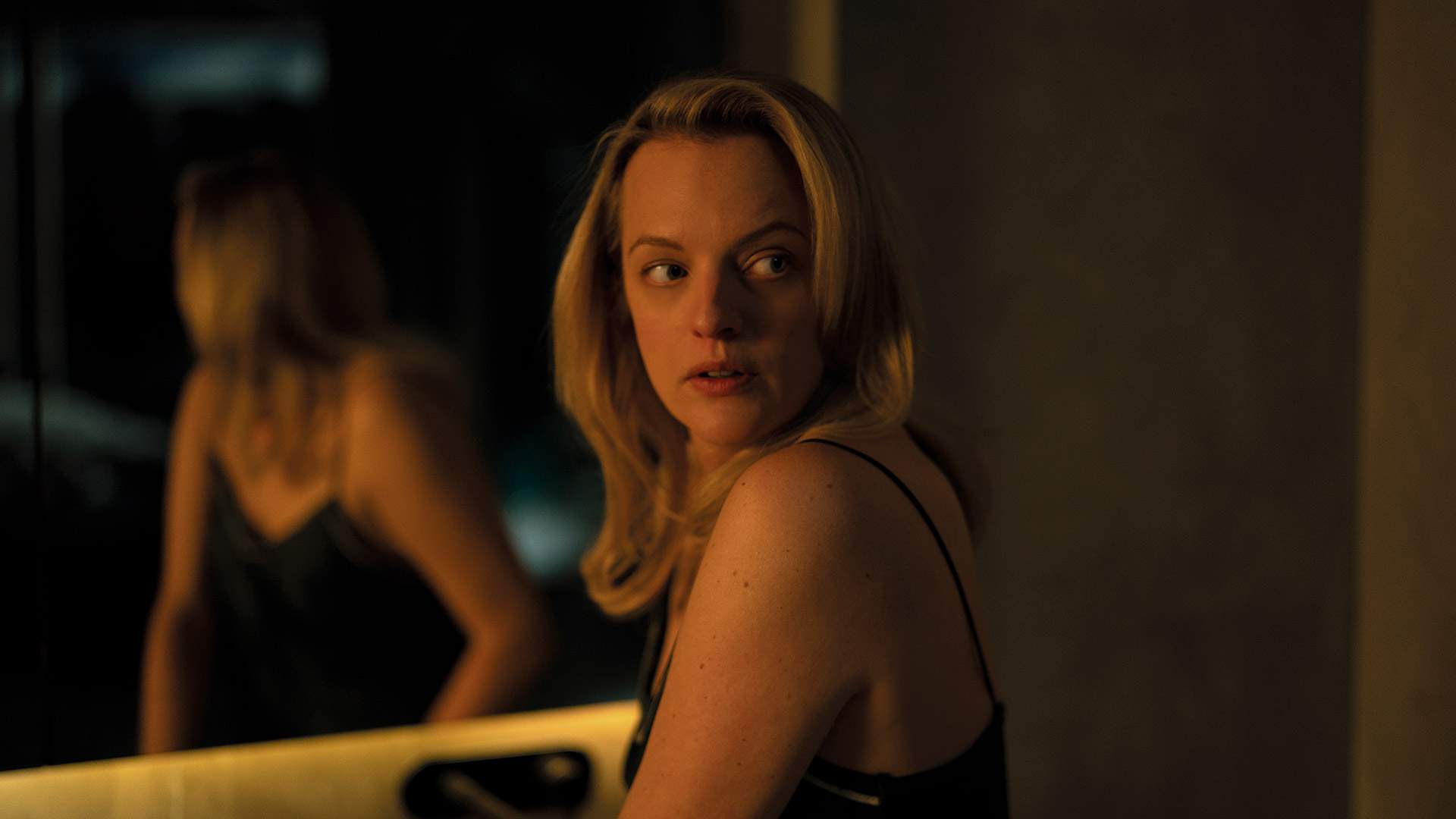The Invisible Man
Elisabeth Moss is at her tormented best in this smart, stylish and supremely relevant Australian-shot remake of a monster movie classic.
Overview
In the latest version of The Invisible Man, Universal unwraps the bandages from one of its iconic horror figures in an astute, unnerving and thrillingly contemporary fashion. But it almost didn't happen, with the studio originally pursuing completely different plans. Let's all take a moment to thank the cinema gods that Tom Cruise's stint as The Mummy didn't work out. If his time dallying with Egyptian spirits had been a success, we'd now be watching Johnny Depp as The Invisible Man instead. That's what Universal's 'dark universe' — aka the studio's modern-day remakes of its old 1930s monster movies — had in store. Then the 2017 version of The Mummy proved a flop, forcing the company to change course.
Suddenly, Depp's slated film disappeared into thin air just like the imperceptible man he was supposed to play. So too did an Angelina Jolie and Javier Bardem-starring take on The Bride of Frankenstein. And that left Universal with a gap — which Australian writer/director and Saw co-creator Leigh Whannell fills grippingly and convincingly with his top-notch update of cinema's most famous see-through character.
In the Upgrade filmmaker's hands, The Invisible Man has been through some significant changes since HG Wells' 1897 novel and James Whale's 1933 first film adaptation. In fact, this movie doesn't really tell the eponymous figure's story, but that of the woman terrorised by the unseen guy. After years of suffering through an abusive relationship with hotshot optics pioneer Adrian Griffin (Oliver Jackson-Cohen), Cecilia Kass (Elisabeth Moss) works up the courage to leave him. Fleeing from his remote mansion in the middle of the night with the help of her sister (Harriet Dyer), she's petrified that he'll track her down and retaliate. But, as she hides out with a cop friend (Aldis Hodge) and his teenage daughter (Storm Reid), word arrives that Adrian has committed suicide — although when strange things start happening around Cecelia, she's convinced that he's still somehow messing with her.
To not only make The Invisible Man today, but set it in today's world too, two areas needed to be addressed. The first is technology, recognising that turning a person invisible is far more plausible than it once was — and that being involved in someone's life without being physically present isn't just possible these days, but commonplace. The second is gender politics. Watching a man terrorise a woman sight unseen has very different connotations in the 21st century, as does the stalking and gaslighting that comes with it. Crucially, Whannell embraces the complexities of both areas in this thoroughly modern take on the tale, switching focus from villain to victim, and bolstering his narrative by pondering the underhanded capabilities of technology as well as the ongoing problem that is domestic violence.
Accordingly, this slow-building version of The Invisible Man isn't an account of a scientist corrupted by his latest discovery, as seen in its predecessors. Rather, it's a portrait of a woman at the mercy of a man who'll do anything and use any means to get what he wants. The end result: psychological horror mixed with futuristic science-fiction and layered with a piercing societal statement, and it's as effective as it sounds. Of course, anyone who saw Upgrade will realise that this is the only interpretation of The Invisible Man that Whannell could've made. The Aussie filmmaker continues his fascination with body modification and tech-enabled surveillance, as well as his fondness for hyper-kinetic action, a pervasive mood of dread and tension, and a sparse, sleek look — plus his interrogation of the kind of society that, with not too many imaginative tweaks needed, we just might be headed for.
Forgetting the terrible Insidious: Chapter 3, the only blip on his directorial resume to date, Whannell is swiftly establishing a reputation as a genre filmmaker with smarts, style and something to say — as well as the skill to combine all of the above into a thrilling, harrowing and engaging package. He also has canny casting instincts, with The Invisible Man as much Moss' movie as Whannell's. The Handmaid's Tale and Her Smell actor has had more than a little practice in this terrain of late — aka battling insidious enemies, navigating persecution, and devolving into distress, distrust and paranoia — and she draws upon that experience here. Indeed, watching someone face off against an unsighted foe can play as hokey or unintentionally comic, but not with Moss and her haunted yet determined stare taking centre stage.
This definitely isn't the movie that Universal imagined when, high on dreams of building its own megastar-studded, monster-fuelled universe, the studio announced its now-defunct Depp-led project. That's something else to continue to thank the movie gods for — because no one needed Depp's usual daffy schtick wrapped in gauze, but cinema definitely does need Whannell's savvy, unsettling, spirited and refreshing The Invisible Man remake. Great horror movies have always reflected and responded to the times they're made in and, in the same vein as Jordan Peele's Get Out and Us, The Invisible Man helps lead the charge as the 21st century reaches its third decade. This is a socially conscious, savagely creepy, supremely clever reinterpretation of a classic scarefest that takes every part of that equation seriously.





